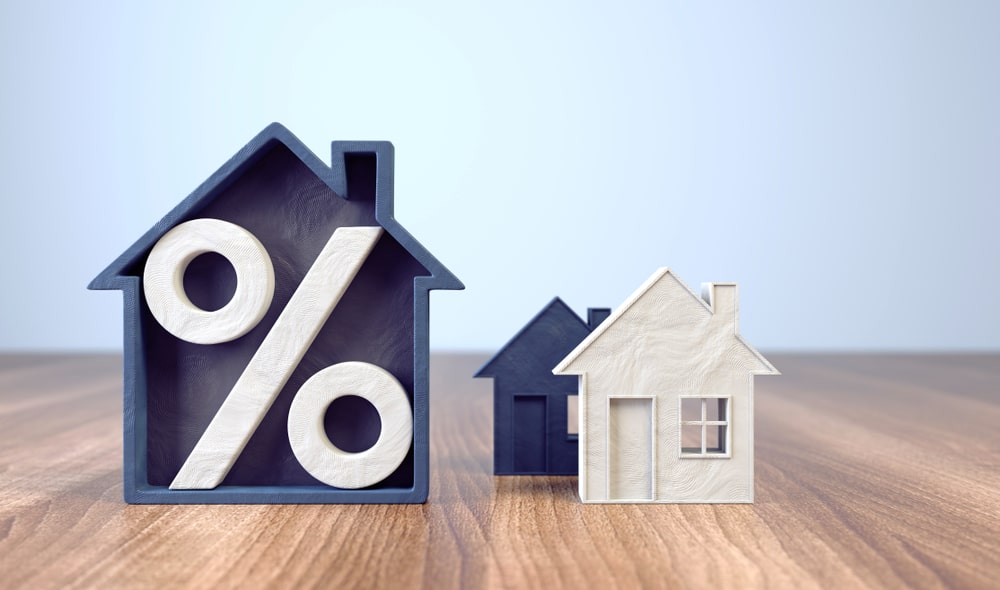
Mortgage Rates are Dropping: Should You Refinance a Home?
 10 min read
10 min read
 10 min read
10 min read
|
Home mortgage rates remain low—but eventually, all good things come to an end—so they’re not expected to stay low forever.
If your current mortgage rate isn’t as low as it could be, now’s a good time to snag a better one. But even though refinancing can save money, how does it work? And why should you refinance when rates drop?
What is a Mortgage Refinance?
Whenever rates drop, it’s common to hear more talk about refinancing. But if you’ve never applied for one, you might not fully understand how they work.
To put it plain and simple, this involves replacing your existing mortgage with a new one. And as you’ve probably already guessed, the new mortgage often comes with a new set of terms and— drumroll, please—a lower mortgage rate!
But you can’t just call up your lender and request a rate change over the phone. You’re creating a whole new mortgage, so you’ll fill out a new application, wait for an approval, and pay closing costs—again.
And one important thing to note is that having an existing mortgage DOES NOT guarantee an approval. Even if you’ve never missed a mortgage payment in your entire life, you can’t refinance unless you meet a program’s income and credit requirements.
Why Refinance a Home?
Now, of course, you don’t have to refinance when mortgage rates drop. But if you do, there’s a strong chance that you’ll get a lower monthly payment.
Not only due to a better rate, but also because your new loan balance will likely be smaller than the original balance. And who doesn’t like to save money!
For just a moment, sit back and really think about what you can do with extra money in your pocket. Stack your savings account, take retirement saving to the next level, redo a dated kitchen—and most importantly, have more experiences and memories with your family.
Or maybe you have big plans for the property. Maybe installing a swimming pool for summer pool parties, or finishing the basement and creating the ultimate entertainment space.
In which case, a cash out refinance can make this happen.
But maybe you’re thinking: Is refinancing worth the cost? Yes, it involves expenses. However, you can sometimes roll these expenses into the new mortgage.
Still, for a refi to make the most sense you should live in the property long enough to break even.
What do we mean by break even?
Basically, if your closing costs are $3,500 and you’re able to save $200 a month, you should live in the house for at least another 17 months.
The loan experts at Real Genius can help make the refi process simple and swift. Contact us to explore your options, and see how much you can save with a new loan.
















